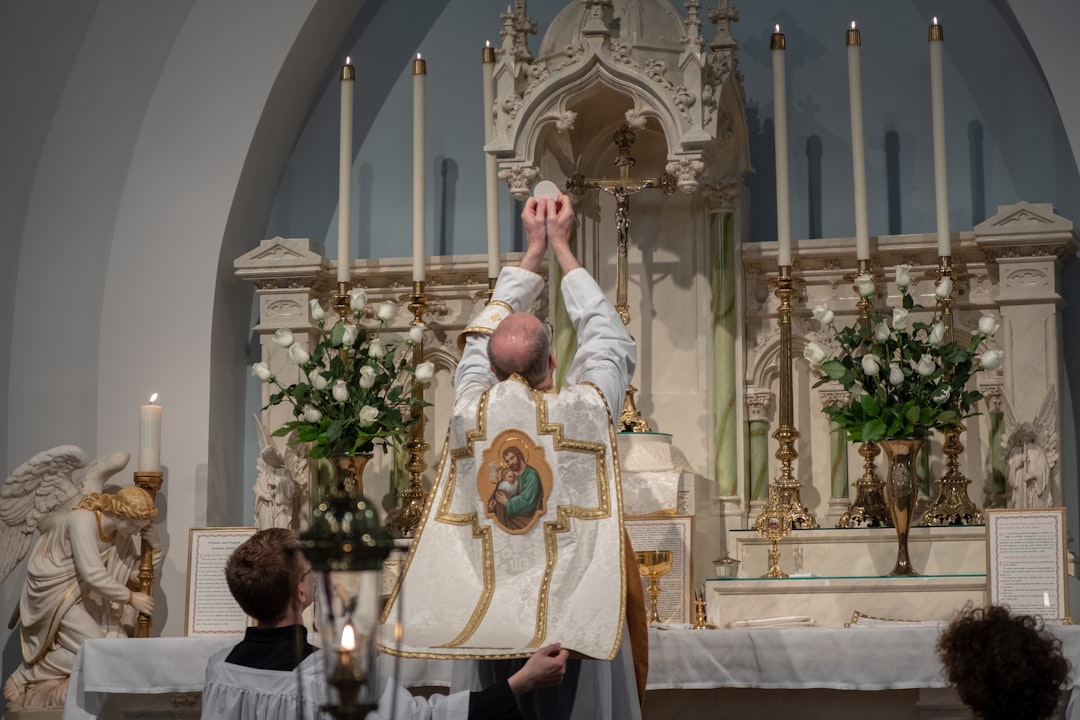A Georgia bishop’s announcement that celebration of the Extraordinary Form of the Mass will end in his diocese next year raises unresolved questions about the power of the diocesan bishop to dispense from the provisions of Traditionis custodes, and about the authority of the Vatican’s Dicastery for Divine Worship over diocesan bishops leading local chur…
Substack is the home for great culture

